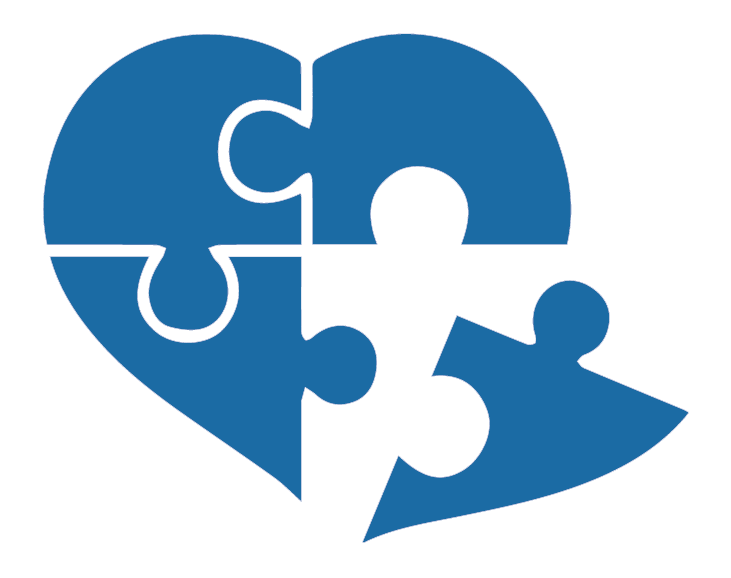A friend suggested I get my nails done before my TV debut a few weeks ago. I obliged. After being ushered over to the drying station, a young woman asked me about my book. She must have overheard me talking about the Missing Pieces Plan. She followed up with, “Our dad died two years ago and he said he ‘didn’t want anything.’ Now, we are still wondering what to do.”
We might think that by saying we “don’t want anything,” we are lessening the burden we leave for our loved ones trying to plan our end of life celebration, when in fact, the opposite is true.
When we don’t leave any wishes or desires and even say, ‘I don’t want anything,’ our loved ones are left wondering what to do. Do they comply with these wishes or not?
Alternatively, when you share your wishes with loved ones, it not only eliminates their questioning, there are other benefits as well. Having a service (of any kind), provides closure, gives your loved ones an opportunity to say goodbye and serves as one more, “I love you.”
What the young woman at the nail salon was missing was closure. She’s still left wondering if not doing anything was ‘right.’ I am sure her father’s intention was not to leave his loved ones in emotional turmoil. I would guess he thought he was saving them from what he considered ‘the burden’ of arranging a service.
Having a ceremonial way to say goodbye, such as an end of life celebration of some kind brings closure. Your loved ones need it. In reality, the service is for the living. Not, the dying. They need to say goodbye and give thanks for your life.
Sharing what you do want is another way to say “I love you.” My friend, Dean Kate Moorehead, has shared numerous stories with me of parishioners who have pre-planned their services. She says when they’ve planned their service, “it’s like they are there.” Many of the surviving loved ones tell her it’s like they’re saying, “I love you” one last time.
Dean Moorehead says that planning your end-of-life celebration “is a great act of love.”
The Missing Pieces Plan is here to help you share your wishes with your loved ones. By doing so, you will help to eliminate their questioning, gift the gift of closure, and say one more, “I love you.”
Wondering how you go about this? The Missing Pieces Plan book has a chapter and worksheet devoted to helping you with the end of life celebration piece of your plan. Additionally, I recommend speaking with your place of worship as they often have literature and their own documents with which to assist you.
Go to www.missingpiecesplan.com to learn more.

